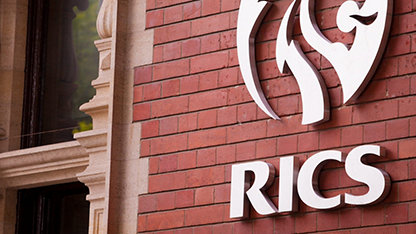Is the disconnect between members and the RICS largely attributable to the decline of local branches?
It is evident that member dissatisfaction rates have surged since the cessation of local branches some 20 years ago.
Moreover ‘The Bichard Review;’ explicitly advocates for the encouragement and support of local branches and networking between members, as stated on Page 4 of the report.
Although this initiative will not happen overnight, it is imperative for regional members to advocate for it.
History of Local Branches
I recall attending my first local branch meeting in the mid-1980’s with my father, shortly after completing my studies. At that time, attendance was relatively low, often fewer than 10 people and that was with speakers.
The introduction of mandatory CPD in the mid-1990’S significantly boosted local branch activities and the North East London branch, like many others, experienced a surge in demand for CPD events. However, changes in funding arrangements by RICS in or around the year 2000 posed challenges to local branches and they could no longer collect funds independently. This led to a decline in autonomy and ultimately to the decline of the branches.
How Did We Survive
Despite challenges, under the leadership of Mike Spall, we survived. Our excellent venue, effective committee and vibrant networking opportunities attracted members, including those from neighbourhood branches that had closed down. We focussed on valuable CPD events and fostering fantastic networking opportunities. We now hold 9 meetings a year and make a small profit that we use to reinvest back into the group.
Setting Up for the Future
Reinstating local branches will require dedicated resource and support from RICS staff to assist in establishing and supporting them. The branches should be encouraged to raise funds for events and speakers and in return will serve as vital conduits for grassroots feedback and information dissemination throughout the organisation. Local groups can offer distinct value propositions that compliment and support RICS and its members.















